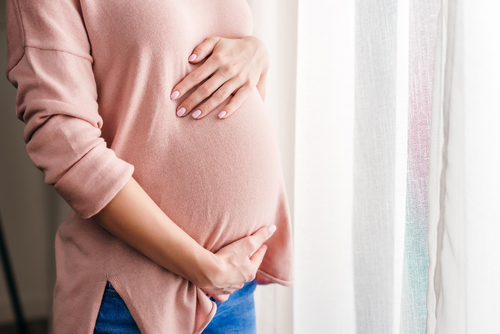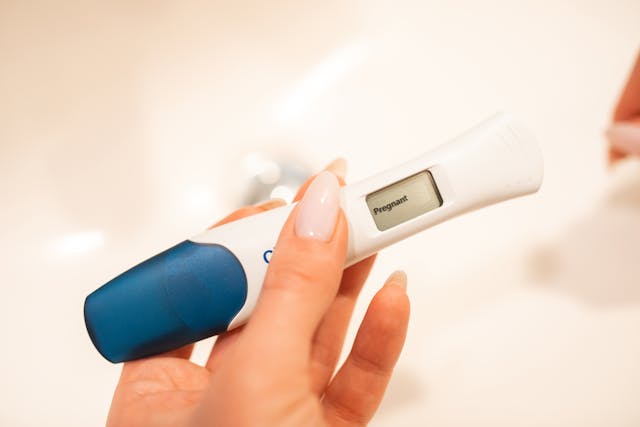Congratulations on your pregnancy!
Weeks 1 through 4 of pregnancy mark the creation of a new life inside of you. In fact, your baby won’t even be in existence until week 3 of your pregnancy.
Every women ovulates at a different time in her cycle, so the length of your pregnancy is estimated from the end of your last period. Because of this, the first two weeks following your last period are counted as weeks 1 & 2 of pregnancy, even though you technically aren’t pregnant yet.
creative commons photo by niqieg’s on flickrCalculating Your Guess Date
Every woman gestates (carries her baby in utero) for a different number of weeks, but the average pregnancy lasts about 40 weeks. According to this average, your guess date (or estimated due date) will be 40 weeks from the date of your last period.
Your guess date is exactly that, a guess. Every mother and baby is different. The 40 week gestation period is based upon an average 28 day cycle, and does not take into account women with shorter or longer periods, or irregular cycles. Your baby may be born as much as 2-3 weeks before or after your guess date.
Your body and your baby know the perfect time of birth. As long as you are both healthy and the pregnancy is progressing well, it’s fine to let your baby decide her own birth date.
Your Baby’s Development
Weeks 1 & 2:
Approximately 14 days after your last period, you will ovulate, releasing an egg that travels down the fallopian tube to await fertilization. Once the egg is released, it has about 12 to 24 hours to be fertilized by a sperm. You have about a 20% chance of becoming pregnant during each cycle.
Week 3: Life Begins
You are officially pregnant this week, but unless you have been charting or trying to conceive, you probably won’t know you’re pregnant for several weeks yet.
Your baby is a complex group of cells that is multiplying rapidly. The outer layer of cells will soon become the placenta, while the inner layer of cells are the embryo that will form your baby’s body. This embryo is very small, about the size of a pin head.
Week 4: Missed Period
By the 4th week, most women are expecting their period. A missed period is often one of the first signs that you are pregnant.
Read more Signs and Symptoms of Pregnancy
Some women may experience spotting or implantation bleeding, mistaking it for a period, and further delaying the date in which they find out they are pregnant.
photo by Sebastian Mary on flickrThe Importance of Folic Acid
Each year, approximately 3,000 babies are born with neural tube defects, such as spina bifida and anencephaly.
Many neural tube defects are preventable if the mother is getting enough folic acid in her diet, both before and during her pregnancy. Folic acid may also reduce the incidence of other birth defects as well.
As with any vitamin, it’s best to get as much as possible of your recommended daily intake from foods that naturally contain that vitamin. Foods that are high in folic acid are:
- Dark green vegetables: asparagus, broccoli, spinach, peas, okra, etc.
- Dried beans
- Bananas
- Oranges
- Nuts
Eat This! Try our Potato Soup




